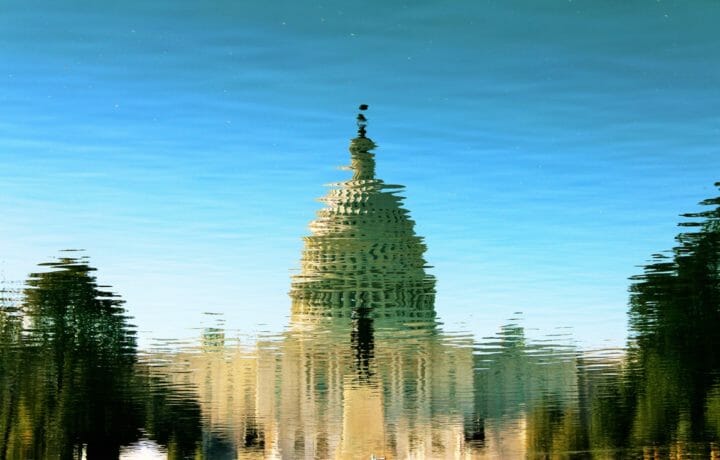In July, the House and the Senate passed and the President signed a budget deal that sets spending limits for the next two years. So that should mean that a government shutdown will not happen at the start of the next fiscal year, right? Not necessarily. Unlike other years, the budget passed before August, but a passed budget does not keep a shutdown completely off the table. While everyone agreed on the budget deal to raise spending limits and keep us from defaulting, we still need to wait for the appropriations and authorization process to actually spend the money. Which means that if the money does not get appropriated and authorized, then a government shutdown is a reality.
In essence, we still need Congress and the President to agree how to fund the government. Further complicating the issue is that Congress is on recess right now. It might be fun in the future, to suspend “recess” until Congress completes all aspects of the budget process so that people’s lives are not disrupted. Even elementary school kids have to demonstrate their work completed in order to enjoy the benefits of a “recess” over the summer.
Since the Senate has not even finalized their version of the appropriations, this means that lawmakers will have less than a month to hash out all of their disagreements over how the money should be spent. If there are zero disagreements on the budget, then we begin the next fiscal year with a sigh of relief on October 1st. But in a political environment rife with conflict over how money is appropriated and authorized, it seems to be wishful thinking that the Senate would complete their work, the full Congress agree on their differences, and the President sign the bill in less than a month.
It is hard to forget the last time we did not think a shutdown was possible. Or that it could last 35 days…over Christmas and the New Year. The key is remembering that we are depending on politicians to work together for the good of the people. Putting debt and deficit increases aside, when party positions take precedence over the lives of the people, then unfortunately, it could mean that it would be wise to prepare for the worst case scenario.
Going into an election year may help reduce the risk of a shutdown; there may not be as much of an appetite for a long political fight. Handshake “poison pill” agreements amongst the leaders can lessen the likelihood of a shutdown, but there are still many other agreements among the political parties that can still impact the authorization and appropriations process. Lawmakers will always use every opportunity to make good on promises made to their constituents and further their own agendas.
The passing of the budget by House and Senate and a presidential signature is important. However, it is only the first step in the process. Federal employees and contractors should not assume that a shutdown has been averted – yet.




